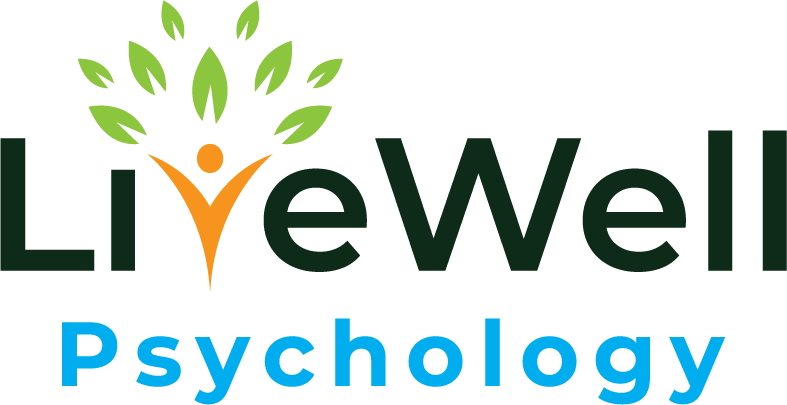Representation in Mental Health Matters
July is BIPOC Mental Health Month — a time to honor and amplify the mental health needs of Black, Indigenous, and People of Color, while also examining the systemic barriers that have too often left these communities underserved, misdiagnosed, or unheard.
As a white female psychologist, I want to take this opportunity not to center myself, but to reflect openly on what I’ve learned (and continue to unlearn) when it comes to providing culturally affirming care.
Why Representation Matters
For many BIPOC individuals, therapy with someone who shares their racial or cultural background can offer profound relief. It can be the first time they don’t have to explain certain experiences. It can feel safer. It can feel more validating. It can foster trust faster.
This doesn’t mean white therapists can’t be effective with BIPOC clients — but it does mean we have to approach that dynamic with deep humility and a lifelong commitment to anti-racist work.
What I Can (and Can’t) Offer
I know I can’t offer lived experience — I haven’t experienced racism, racial profiling, or intergenerational trauma in the ways that many of my clients have.
But here’s what I can do:
Practice Cultural Humility: Rather than assuming expertise, I approach every client with a posture of listening and learning. I check my assumptions, ask respectful questions, and recognize that the client is always the expert on their own experience.
Validate Experiences of Racism: Gaslighting and dismissal — both personal and systemic — are real experiences for many BIPOC individuals. In therapy, it's vital to name racism when it shows up, not shy away from it. Silence can do harm.
Refer to BIPOC Therapists When Preferred: Sometimes, the best care I can provide is helping someone find a provider who shares their cultural identity or speaks their language. I maintain a growing referral list of BIPOC therapists and organizations I trust. Therapy is not about me being the right fit — it’s about you getting what you need.
Continuously Unlearn Biases: This is not a one-time training. It’s not a checkbox. It’s a lifelong commitment to noticing, disrupting, and changing how white supremacy shows up in myself, in my field, and in the systems around me.
To My Fellow White Providers
Representation matters. So does reflection. If you’re a non-BIPOC therapist reading this, I encourage you to:
Diversify your clinical training materials
Ask yourself where power shows up in your work
Stay open to feedback from BIPOC colleagues and clients
Make referrals when appropriate, not out of fear — but out of care
Being a better therapist means being willing to sit with discomfort, to listen more than you speak, and to hold yourself accountable for the harm our field has historically caused.
To BIPOC Clients
If you’ve ever felt unseen, unheard, or unsafe in therapy: I’m sorry. You deserve better. You deserve care that honors your identity, history, and healing. Whether it’s with me or someone else, I believe you deserve therapy that sees you fully.
Resources:
If you’re looking for a therapist who shares your cultural background, here are some helpful directories and organizations:
If you're a therapist, client, or simply someone curious about this work — I welcome your thoughts, your questions, and your wisdom. Healing is a shared process, and we all have a role to play.

